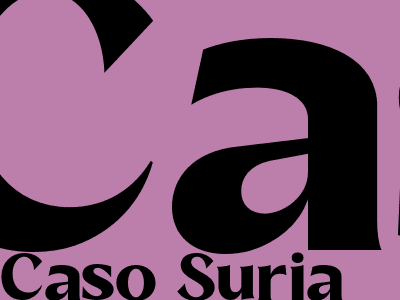Internet Marketing: Strategies for Online Success
What is Internet Marketing?
Internet marketing, also known as online marketing or digital marketing, encompasses all marketing efforts that utilize the internet to reach and engage with target audiences.
In contrast to traditional marketing methods, internet marketing offers numerous advantages, including:
- Wider reach: The internet allows businesses to reach a global audience instantly and cost-effectively.
- Increased targeting: Digital marketing tools enable businesses to target specific demographics, interests, and behaviors, ensuring messages reach the right individuals.
- Measurable results: Internet marketing campaigns can be tracked and measured, providing valuable insights into their effectiveness.
Strategies for Internet Marketing Success
1. Search Engine Optimization (SEO)
SEO involves optimizing websites and content to rank higher in search engine results pages (SERPs) for relevant keywords. By utilizing relevant keywords, optimizing page structure, and building high-quality backlinks, businesses can increase organic traffic to their websites.
2. Social Media Marketing
Social media platforms provide opportunities to connect with potential and existing customers, build brand awareness, and drive traffic to websites. Effective social media marketing involves creating engaging content, running targeted ads, and fostering active engagement.
3. Content Marketing
Content marketing focuses on creating and distributing valuable, relevant, and consistent content to attract and retain a clearly defined audience. This content can take various forms, including blog posts, articles, videos, infographics, and more. By providing informative and engaging content, businesses can establish themselves as thought leaders in their industry and nurture leads.
4. Email Marketing
Email marketing remains a powerful channel for building relationships with customers and promoting products or services. By segmenting email lists, personalizing messages, and using effective email marketing tools, businesses can increase engagement, drive conversions, and build brand loyalty.
5. Paid Advertising
Paid advertising campaigns on search engines, social media platforms, and other digital channels can complement organic marketing efforts and reach specific target audiences. Pay-per-click (PPC) advertising allows businesses to display ads for relevant keywords or demographics and only pay when users click on them.
ConclusionInternet marketing offers a multitude of strategies to reach and engage target audiences online. By implementing the right combination of SEO, social media marketing, content marketing, email marketing, and paid advertising, businesses can achieve their digital marketing goals, increase brand awareness, drive traffic to their websites, and ultimately boost sales.

Comments